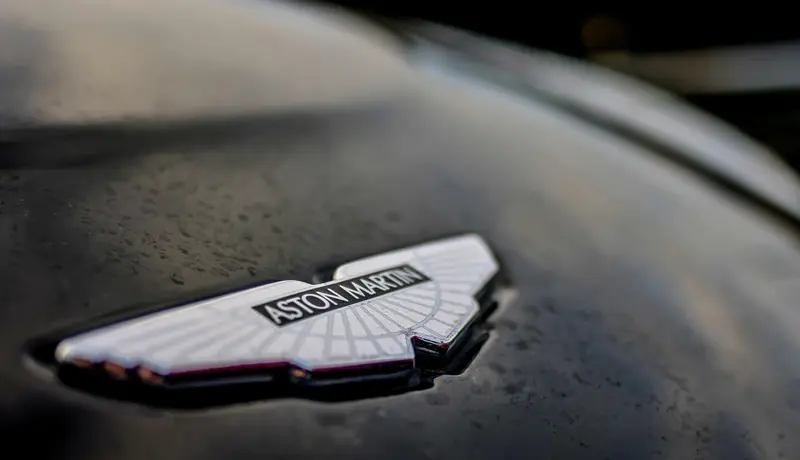
- Largest shareholder Yew Tree ups stake to 26.2%
- Speculation likely to intensify that buyout is on the cards
- British marque has burned through £650 million cash in five years
Chairman Lawrence Stroll clearly sees something in Aston Martin Lagonda (AML) that others have failed to spot. Since first investing in the British marque sports car maker, Stroll’s Yew Tree Consortium’s stake has grown and grown – it now owns 26.2% of the business after buying another 3.27% stake, the company said on Friday (29 Sep).
That’s within touching distance of the 29.9% threshold over which Yew Tree would have to make a bid for the whole company. Is that Stroll’s plan?
The statement from Yew Tree Consortium representative (and Aston Martin’s executive chairman) Lawrence Stroll implies the stake building has been driven by confidence in the business, declaring a major turnaround since its first investment three years ago.
From a share price point of view, 2023 offers hope. Casual observers will note that the stock is up 90% year-to-date. But the question remains, is this because investors believe that the turnaround is helping to drive down operational costs and risks around the investment case, or investors betting on a buyout?
Considering the next two largest shareholders are Chinese car maker Geely (owner of Volvo, Lotus and Polestar among others) and Saudi Arabia’s Public Investment Fund, with about 17% each, it is quite conceivable that talks have gone on secretly about taking Aston Martin Lagonda private so it can get its act together away from the stock market's glare.
BUYOUT MIGHT BE BEST OPTION
This is just conjecture, we don’t know what Stroll, Yew Tree or any of the other major shareholders are planning. Yet a take private would appear to be a compelling option for a company that has failed to make a profit in any of the five years since its October 2018 IPO (initial public offering), a period in which the company has chewed through about £650 million of free cash.
The share price was this high just 18-months ago and has lost more than 90% of its value since equivalent peaks of £40 five years ago.
‘Aston Martin is loss-making and has substantial debts that need paying off,’; said Russ Mould, investment director at AJ Bell. ‘Strong trading has helped to bring down debt and narrow losses, but the company is still some way from being in top gear.’
Disclaimer: Financial services company AJ Bell referenced in the article owns Shares magazine. The author of the article (Steven Frazer) and the editor of the article (Martin Gamble) own shares in AJ Bell.




